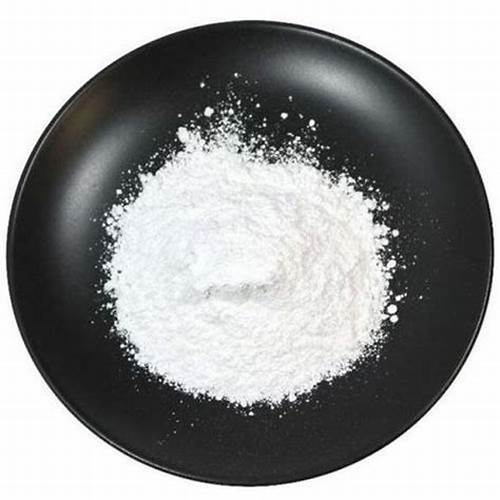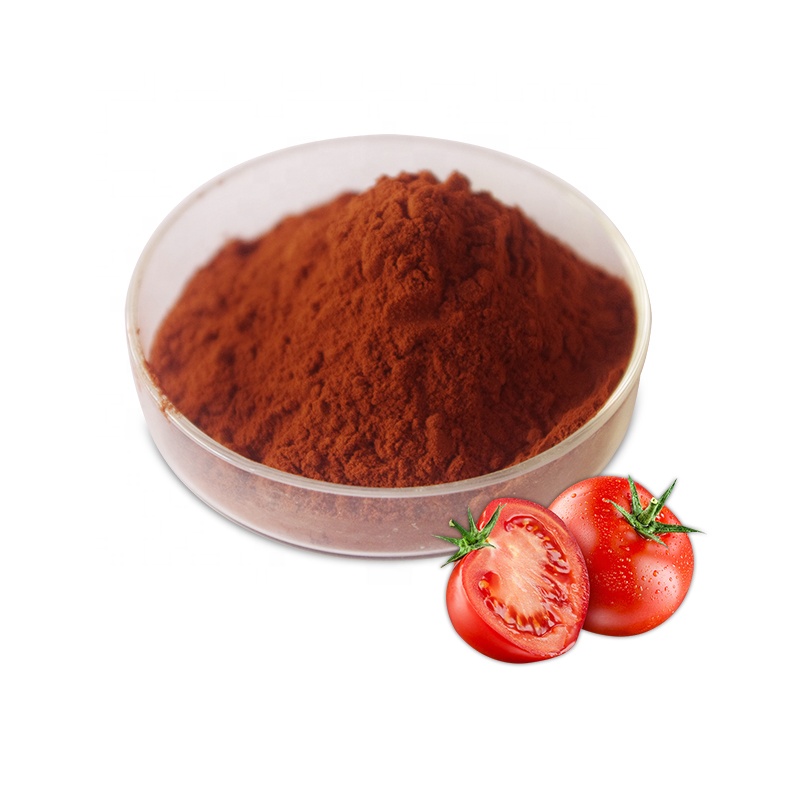Inositol is a type of sugar that helps make cell membranes and regulate insulin levels. It may be beneficial for people with conditions such as metabolic syndrome and polycystic ovary syndrome (PCOS).
There is some evidence that inositol may also help with some mental health conditions, as it may act on neurotransmitters in the brain and nervous system. D-Chiro inositol 98%

The Food and Drug Administration (FDA) considers inositol to be generally safe, but some people may experience mild side effects if they take higher dosages.
Read on to learn more about inositol, including what it is and its benefits, side effects, and food sources.
Inositol is a type of sugar that is similar to glucose. Humans can make it themselves or take it in through their diet.
The body needs inositol to form the structure of cell membranes and regulate insulin levels. It may also affect neurotransmitter levels. Neurotransmitters are chemicals that transmit messages between nerves.
There are nine forms of inositol, but the two main types in the body are myoinositol and D-chiro-inositol (DCI).
People take myoinositol supplements for a wide range of health reasons, many of which have evidence to support them. For instance, people may use it for:
Inositol may be particularly beneficial for people with certain conditions.
A 2019 study explored the efficacy of a range of new medications for treatment-resistant panic disorder. The researchers found evidence that inositol is highly effective in treating this condition. People taking inositol had fewer side effects than those taking selective serotonin reuptake inhibitors and benzodiazepines.
A randomized controlled trial in The Journal of Clinical Psychiatry suggests that inositol may help treat bipolar disorder in children. Combining omega-3 fatty acids with inositol reduced symptoms of mania and depression in children aged 5–12 years.
However, the study had a small number of participants, and the researchers excluded children whose condition was severe. More research is necessary to confirm whether inositol helps people with bipolar disorder.
A 2020 randomized placebo-controlled clinical trial found evidence to support the use of DCI for improving the symptoms of psoriasis. The researchers concluded that a solution containing 1% DCI could be a useful additional treatment for people with this condition.
PCOS causes the ovaries or adrenal glands to produce excessive levels of male sex hormones, which can affect fertility and insulin resistance.
A 2020 review found many studies demonstrating the effectiveness of inositol as a treatment for people with PCOS. Evidenced benefits included:
Additionally, a 2017 meta-analysis found significant reductions in fasting insulin in those with PCOS. The researchers concluded that myoinositol has a beneficial effect in improving the metabolic health of people with this condition.
Gestational diabetes refers to high blood sugar levels during pregnancy. The hyperglycemia usually reverses after the birth, but it can cause pregnancy complications.
A 2018 study assessed whether supplementing myoinositol from the first trimester had any benefits for those at risk of gestational diabetes and its complications.
The researchers concluded that supplementing myoinositol in early pregnancy helps reduce the rate of gestational diabetes, preterm birth, and high birth weight.
People with metabolic syndrome have several risk factors for cardiovascular disease and type 2 diabetes. These may include obesity, high blood pressure, and high blood glucose. According to a 2022 study, myoinositol affects this because it plays a role in regulating blood sugar.
Additionally, raised glucose levels lower myoinositol levels in a person’s tissues. The body breaks down the myoinositol faster, and the kidneys eliminate it faster, creating a vicious cycle.
The study authors highlight the many studies demonstrating the safety of myoinositol. They conclude that doctors should consider it as a treatment for people with metabolic syndrome, as well as those with diabetes.
Many people can take inositol. The FDA classes inositol as “generally recognized as safe.” However, few studies have looked at whether inositol is safe for babies and children.
Additionally, inositol clinical trials tend to last no longer than 1 year, so it is unclear whether inositol is safe to take in the long term.
People should speak with a doctor before trying inositol to check that it is safe for them.
Inositol is generally safe to take. However, supplementing inositol at dosages above 12 grams (g) a day may cause mild gastrointestinal symptoms, such as nausea, flatulence, or diarrhea.
Clinical trials investigating the benefits of inositol tend to involve doses of anywhere between 4 g and 60 g a day. To avoid side effects, people may benefit from starting at a lower daily dose.
If a person is taking inositol for medical reasons, they should consult a doctor first. The doctor will be able to advise on the most suitable dosage.
An alternative to supplementation with inositol is getting more of this substance from food. Although they are uncommon in modern diets, the animal products highest in inositol include:
Other foods that contain inositol include:
People can also eat foods containing substances that the body uses to make inositol, such as:
Inositol is a type of sugar that helps form the structure of cell membranes. It also regulates insulin and neurotransmitters. The human body can make inositol, but people can also get it from supplements and some foods.
Research suggests that inositol may be beneficial for people with certain health conditions, including PCOS and metabolic syndrome. It appears to be generally safe, but anyone who wishes to try this supplement should discuss it with a doctor first.
Last medically reviewed on August 22, 2022
Certain foods can help stabilize insulin and blood sugar levels while others can cause these levels to spike. Learn more here.
In this article, we look at nine ways to lower high insulin levels. This can be achieved through diet, lifestyle changes, supplements, and medication.
A new study suggests that increasing omega-3 intake may limit damage to brain cells caused by a diet high in saturated fats.
A review of the existing evidence looks at how micronutrients including vitamin and minerals could help treat the symptoms of different neurological…

Maitake Extract Chronic caffeine consumption can alter sleep pattern and blood flow to the brain, a new study in mice shows.